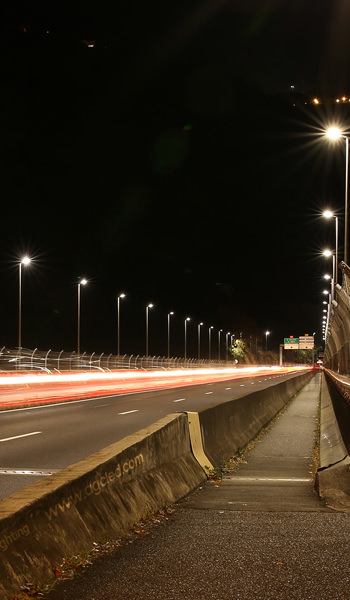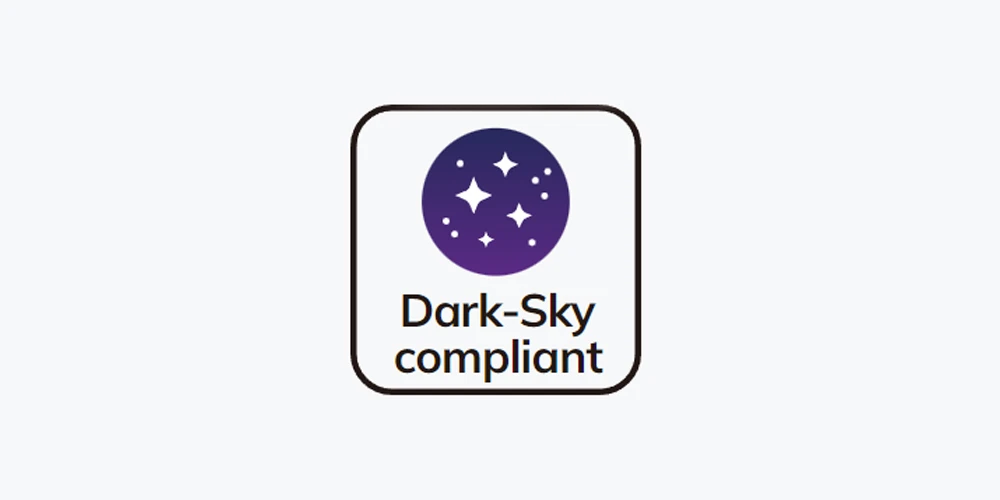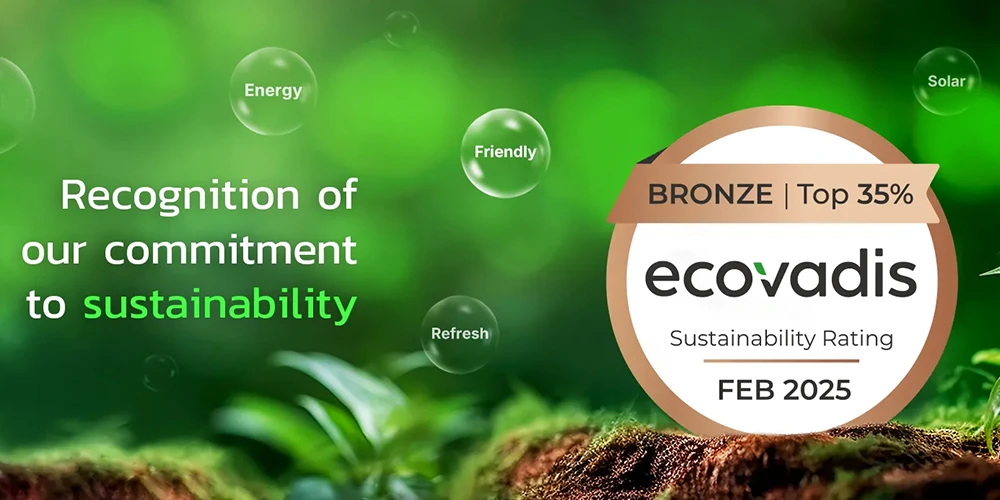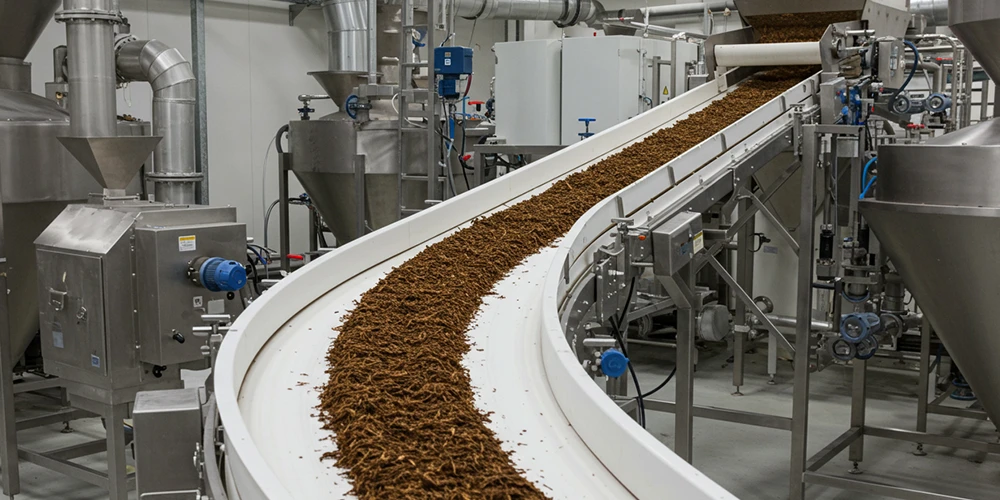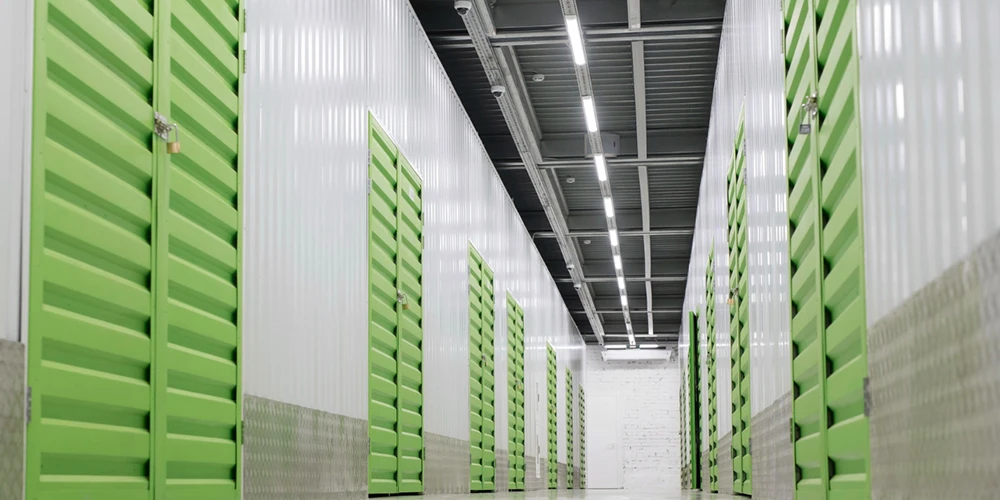The International Dark-Sky Association (IDA) has established rigorous standards for lighting products to minimize light pollution and preserve night sky quality. To obtain IDA Dark Sky certification for your LED lights, you must adhere to specific criteria related to light distribution, color temperature, and shielding.
Key Factors for IDA Dark Sky Certification
Light Distribution
Shielding: Ensure that the light is directed downward where it's needed and that there is minimal upward spill.
Cut-off angle: Maintain a specific cut-off angle to prevent light from escaping into the sky.
Glare: Minimize glare to reduce discomfort and visual intrusion.
Color Temperature
Warm colors: Opt for warmer color temperatures (around 2700K to 3000K) as they produce less blue light, which is more harmful to nocturnal creatures and human sleep patterns.
Avoid blue light: Minimize the emission of blue light wavelengths.
Light Intensity
Adequate lighting: Ensure that the lighting provides sufficient illumination for safety and functionality.
Avoid overlighting: Prevent excessive light that contributes to light pollution.
Product Design
Optical design: Employ advanced optical systems to control light distribution effectively.
Thermal management: Implement efficient thermal management to maintain light output and product longevity.
The exact requirements for the lighting are outlined below:
The cost is as follows:
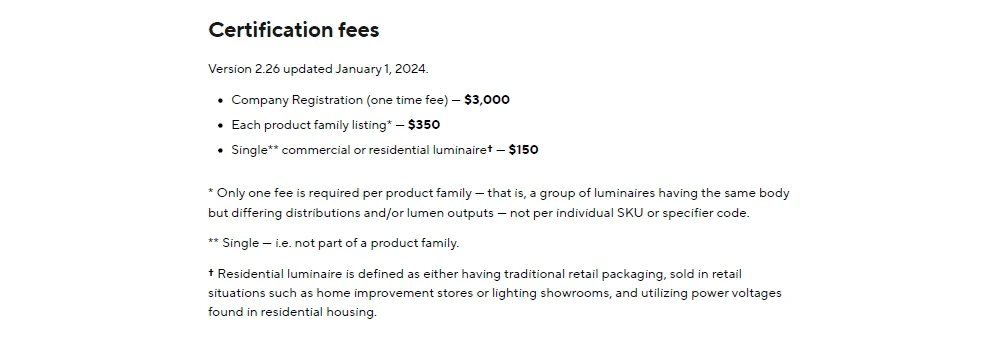
By carefully considering these factors and working closely with the IDA, you can develop LED lights that meet the highest standards for light pollution reduction and contribute to a healthier environment.
Would you like to know more about specific testing procedures or the certification process?

